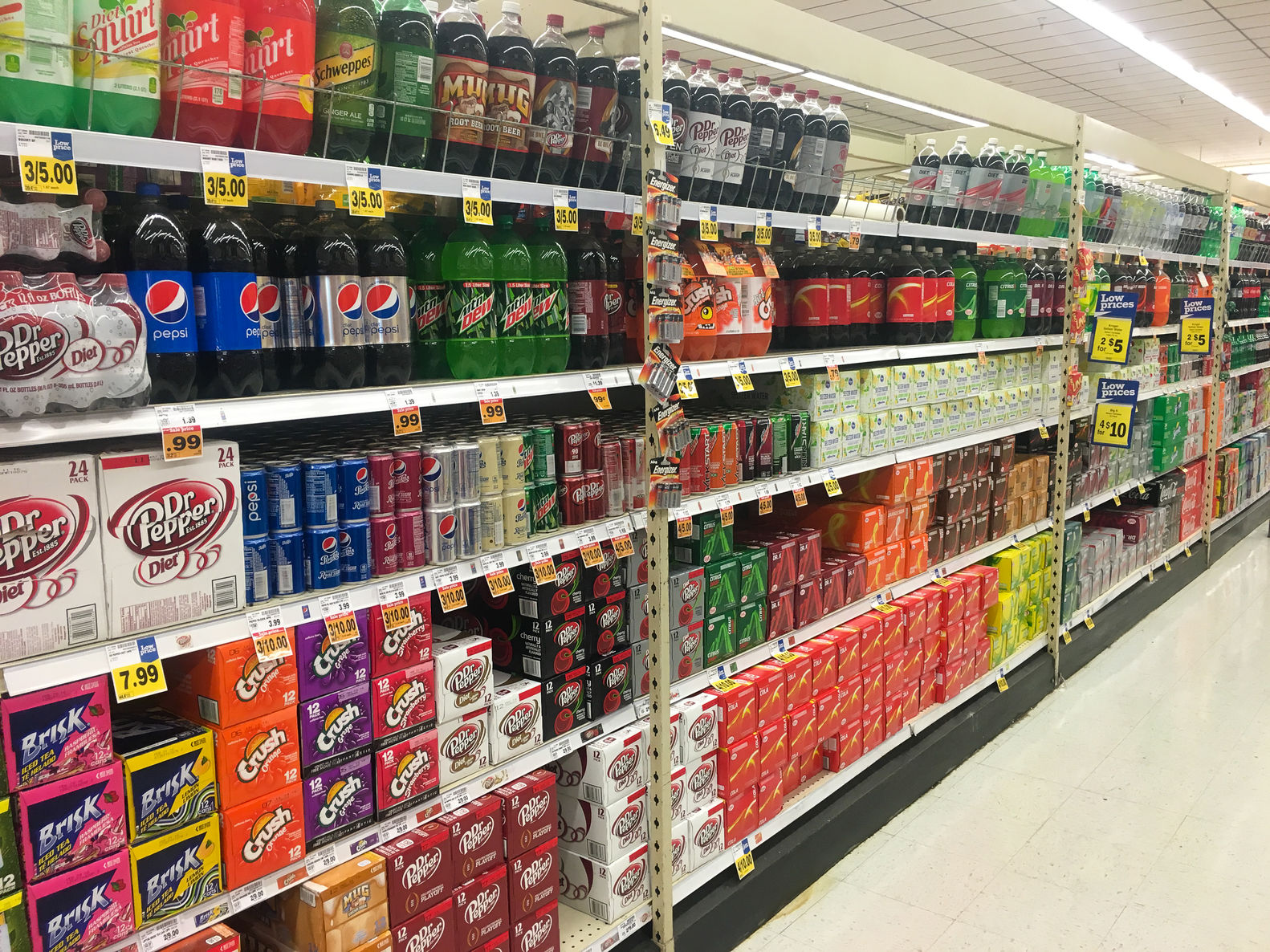Shortsighted economic proposals become law every day, so the Davis City Council’s rejection of a soda tax is a welcome respite from normal legislative blundering. In voting against placing a soda-tax initiative on the June ballot, the council has kept the nanny state’s nose out of the lives of its citizens.
Bills to tax sugary soft drinks and require health-warning labels likewise have died or stalled in the state Legislature. Ultimately, taxing soda drinkers is ineffective, regressive and, most importantly, discriminatory.
Tax proposals nevertheless trigger lobbying and campaign contributions by special interests, which is why politicians benefit even if consumers and producers do not.
Taxing soda drinkers will certainly reduce soda consumption, but don’t jump to the conclusion that such taxes will therefore deliver the promised health benefits. Simple supply-and-demand theory tells us that a higher price will discourage consumption of a product, but good policy analysis doesn’t stop at first appearances. The evidence suggests that the reduction in “empty calories” is not anywhere large enough to significantly lessen obesity rates.
Consumers looking to soda for a caffeine hit or sugar high will still find ways to satisfy those wants. It is true that some might consume less sugary soda or more diet drinks instead, but it also is true that many will merely switch from soda to one of the many other forms of sugar available at nearly every store in the United States. Moreover, it is becoming apparent that artificially sweetened beverages are even less healthy than sugary ones. And consumers in Davis could easily have shopped beyond the city’s limits for untaxed sugar-sweetened drinks. Soda taxes may discourage soda buying, but they encourage the purchase of other sweets.
Predictions of health benefits from soda taxes also ignore that most costs associated with them are not paid by consumers. Economists John Cawley and David Frisvold find that soda distributors serving Berkeley, which levied the nation’s first selective sugary soft-drink tax, are simply accepting the additional cost of the tax instead of passing it on to consumers. Since prices there aren’t considerably higher, Berkeley’s soda tax will generate only a fraction of its projected health benefits.
Besides being ineffective, the soda tax is also regressive. Economic research shows that taxes on goods like soda hit poor people the hardest. As the National Center for Policy Analysis noted in 2009, low-income families spend more of their incomes on such taxed goods than higher income families do. This makes the efforts of health activists costliest for society’s poorest. Such regressive taxation is abhorrent on both moral and practical grounds.
Expansion of the nanny state into policing what people eat and drink clashes with the desires of adults, who should be allowed to pursue their own idea of the good life. Dignity comes from autonomy.
The biggest farce of the soda tax is the ridiculous belief that government is the only possible arbiter of what constitutes a healthy lifestyle. Last March, the Wall Street Journal reported that soft-drink sales had declined for the 10th straight year. That trend is explained in part by rising consumption of bottled water, likely for health reasons. As the evidence grows that sugary drinks are unhealthy, people naturally substitute healthier alternatives without being commanded by the government.
Soda taxes are premised on false benefits and myopic economic thinking. Policymakers elsewhere ought to follow the lead of the Davis City Council and California Assembly and let adults be adults and consume whatever they desire.












